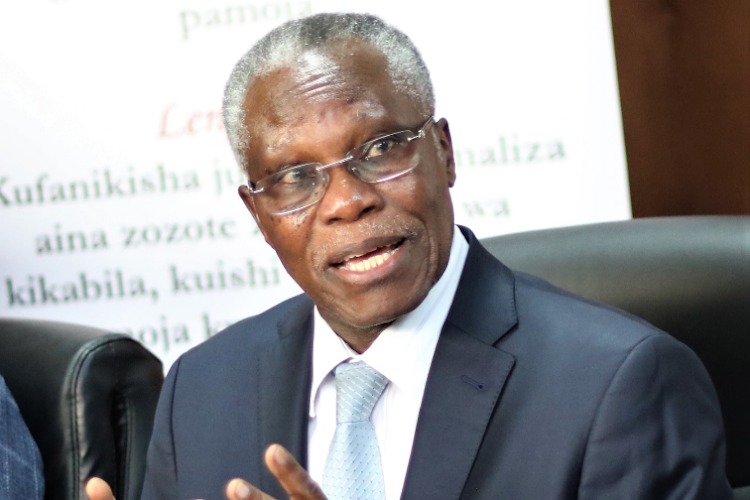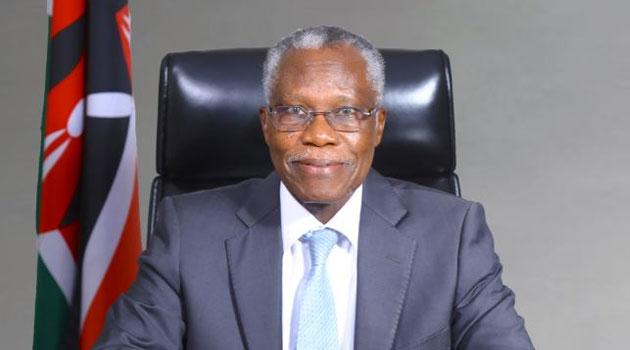As the National Cohesion and Integration Commission begins to perform an ethnic audit of workers across the 47 counties, governors are in the spotlight.

Following the general election on August 9, 2022, the new county heads will begin an audit of the top cadre employees they appoint. NCIC has disclosed that this audit has already started.
NCIC director Samuel Kobia stated, "They are required to give us the facts of who the employee is and in which position and which ethnic community they represent.
Did you read this?
On Thursday, Kobia spoke before the Senate's Cohesion committee and said that the commission also conducts comparable audits at public universities.
He stated that NCIC had given the county executives until the end of the month to disclose personnel information.
It came about when most of them missed the commission's deadline for submitting the necessary data.

He claimed that despite giving governors until the end of January to answer, most still needed to.
In regions like Northeastern, where Somalis make up the majority of the ethnic population, county chiefs are expected to identify the clan from which their employees hail.
Some would claim they dont have representation because the governor hails from a particular tribe, Kobia said, using Mandera as an example.
"Like Meru, we require information regarding the number of Tiganias, Imenti, and other ethnic groups employed by the county government".
In the last five months, governors have made some nominations to establish their governments.
The county chiefs have chosen the members of their cabinets, including the CECs, county secretaries, directors, and attorneys.
Meanwhile, there have been worries that some governors filled the offices with members of their own ethnic groups.
The decision has drawn legal attention, and the courts have overturned some nominations.
The employment and labour court invalidated Nakuru Governor Susan Kihika's nomination of 10 CECS in December of last year due to ethnic imbalance.
Because Kihika's initial selection of CECs was unlawful and biased, Judge Hellen Wasilwa decreed that a new process for selecting CECs must occur.
Nairobi Governor Johnson Sakaja is to wait longer for the county assembly to review his CEC selections after the High Court temporarily halted the process due to a dispute contesting the team's ethnic makeup.

According to Section 65(1)(e) of the County Governments Act, 2012, candidates not members of the county's dominant ethnic population must fill at least 30% of the open entry-level positions.
However, many county governments have not complied with the law, as shown by audit reports that show up to 90% of staff members in some counties come from a single ethnic group.
For instance, 84% of Baringo's workforce comprises members of the dominant group.
According to a commission report published in 2016, 32 counties have broken the rule requiring ethnic balance since up to 70% of their staff members were from a single ethnic group.
Only 15 counties, or 31.9%, had followed the requirement, filling more than 30% of entry-level positions with people from non-dominant racial or ethnic groupings.









